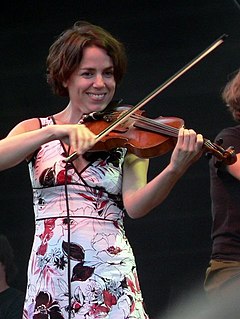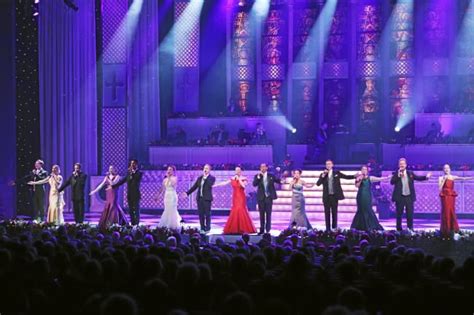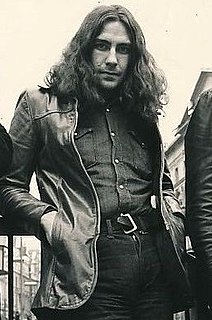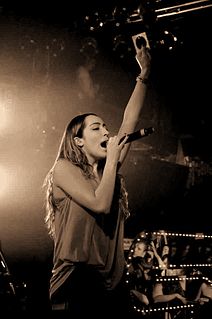A Quote by Claire Messud
I wanted to write a voice that for me, as a reader, had been missing from the chorus: the voice of an angry woman.
Related Quotes
Anyway, these books I love, they’re all books by men—every last one of them. Because if it’s unseemly and possibly dangerous for a man to be angry, it’s totally unacceptable for a woman to be angry. I wanted to write a voice that for me, as a reader, had been missing from the chorus: the voice of an angry woman.
I didn't know how write a song, (verse, chorus, verse, chorus, bridge, chorus, bridge, verse), etc., and I didn't know how to write lyrics, so that's when I thought, well, I don't have to write a song with all those verses and choruses or lyrics. I can just sing everything the way I want to. So I sang all the instruments with my voice and just went with it.
When the kirtan is harmonious with so many people, it’s a tumultuous beautiful sound. We can’t hear just one voice during the chorus; or rather we do hear one voice. But that one voice is actually the sound of everyone’s voice in harmony. That’s our offering to God. And why is it so pleasing to the Lord? Because we are all cooperating for a higher purpose. We are all united for the pleasure of the center, for the pleasure of Krishna, in spite of all our differences.
But I'm pretty lucky with my voice. When I first started touring I went to see a woman to give me some coaching on how not to lose my voice. And she was just saying really your voice is a muscle so if you're using it all the time you should actually come back from tour with a stronger voice than you left with. And that's really how I find it.
Write like you write, like you can't help but write, and your voice will become yours and yours alone. It'll take time but it'll happen as long as you let it. Own your voice, for your voice is your own. Once you know where your voice lives, you no longer have to worry so much about being derivative.
Ever since I was first read to, then started reading to myself, there has never been a line read that I didn't hear. As my eyes followed the sentence, a voice was saying it silently to me. It isn't my mother's voice, or the voice of any person I can identify, certainly not my own. It is human, but inward, and it is inwardly that I listen to it. It is to me the voice of the story or the poem itself.
I founded 'Point Hope' so that I could accomplish some things I wanted to do for children who had no one to advocate for them, children who had no voice. Since I have been blessed with a voice on the radio each night, I thought I would use my celebrity position and my financial resources to help these kids.






































